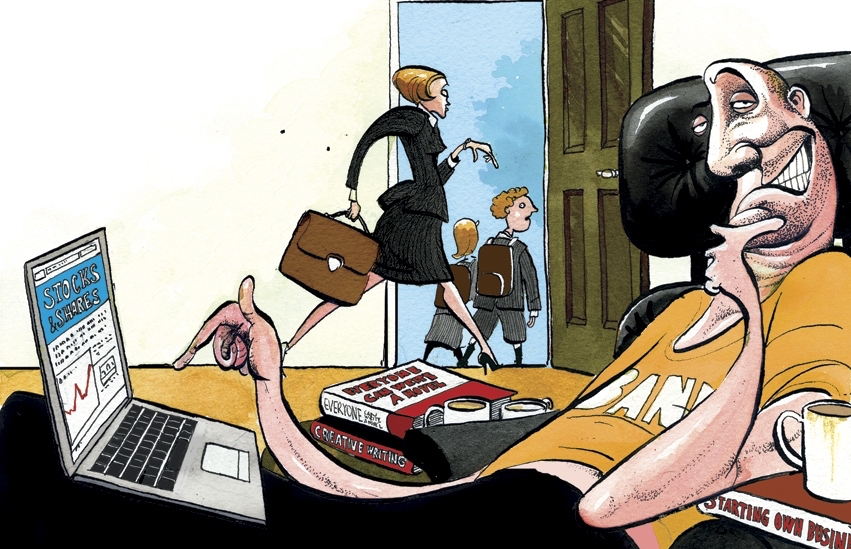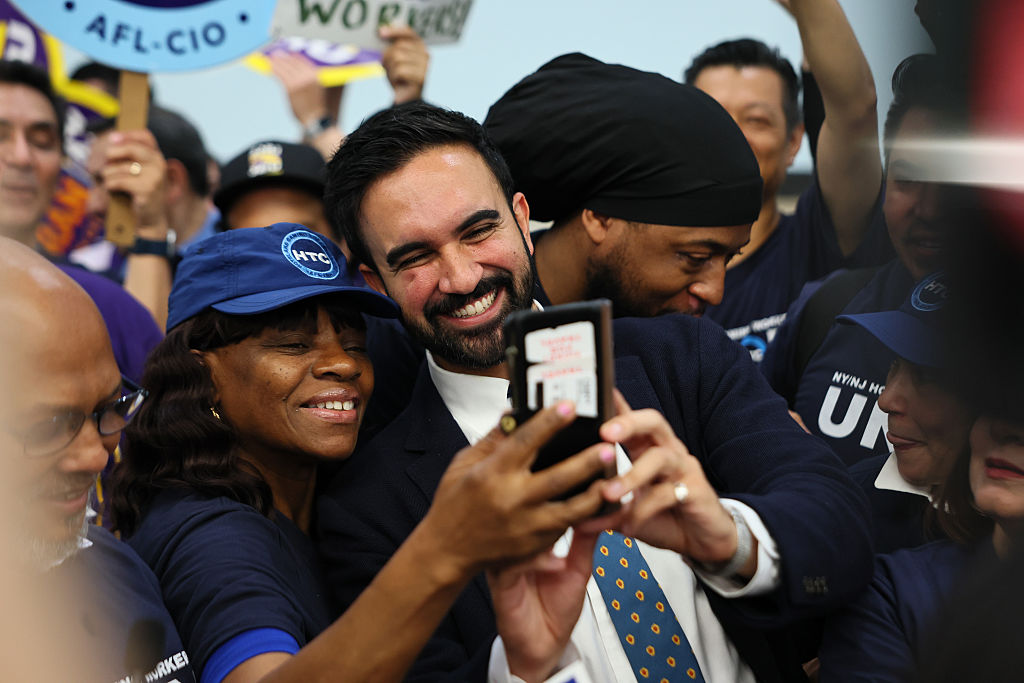Who doesn’t wish they hadn’t tucked away a few GameStop shares at the beginning of this year? It’s not a great company — more a Blockbuster Video whose time has come and gone, another bricks and mortar retailer destroyed by a shift to online sales, in this case of video games. But what does that matter when you could have bought at $20 and now have a share worth $197? And that is before Wall Street opens on Friday, when the pre-market suggests it may well be up another 150 percent.
It is mad — yet not mad. The mostly young retail investors pouring into the stock are doing it for a reason: they want to destroy the hedge funds whom they see as among the many bogeymen of global capitalism. Those hedge funds have taken short positions in GameStop — they have borrowed shares and sold them in the hope of buying them back at a lower price and making a killing. If the share price goes up the shorters will lose money; if it rockets they will lose an awful lot of money. According to one estimate, short-sellers have already lost $5 billion on GameStop this month — and that will grow so long as the share price goes up.
That there is an ideological element to the GameStop buying spree is witnessed by the involvement of Alexandria Ocasio-Cortez. Never one to miss out on a left-wing cause, the New York congresswoman tweeted her outrage on Thursday when trading app Robinhood briefly suspended trading in the shares. ‘This is unacceptable,’ she tweeted, complaining that while the retail investors driving the surge had suddenly been banned from trading, hedge funds were still able to trade. The share price duly plunged by 44 percent — which looks like being more than reversed today as soon as Wall Street opens.
But anyone who thinks this is really just a case of activists inflicting revenge on hedge funds is fooling themselves. It is a novel reinvention of the age-old device of the Ponzi scheme — where a few who are early to buy and early to sell make fortunes at the expense of the laggards. It is a Ponzi scheme in moral clothing. Sooner or later the market is going to run out of ideologically-minded investors who are prepared to bet their savings on giving hedge funds a bloody nose. At that point, the share price of GameStop will plunge and it will be short-sellers who end up having the last laugh.
It is not possible for all these paper fortunes built up by buyers of GameStop to be realized. No one is going to buy the company at anything remotely close to its current valuation. It is just a game of poker. Some will be able to get out in time, but most won’t. Those still buying GameStop might think they are doing the world some good by joining a popular revolution against the evil capitalists who run hedge funds. In reality, they are merely being taken for a ride by another class of capitalist — this one adept at stirring the emotions of right-thinking millennials. Welcome to the world of greed — you won’t defeat it through your chatrooms and trading apps, but you are very likely to find yourself on the wrong end of it.
This article was originally published on The Spectator’s UK website.

























